Years of litigation over Florida’s Parental Rights in Education Bill, also known as the “Don’t Say Gay” law,may. have reached its conclusion after a few years of Disney and DeSantis battling it out.
The Central Florida Tourism Oversight District finally approved a $17 billion deal which includes developing Walt Disney World over the next 15 years.
The Controversial Between Disney and Ron DeSantis
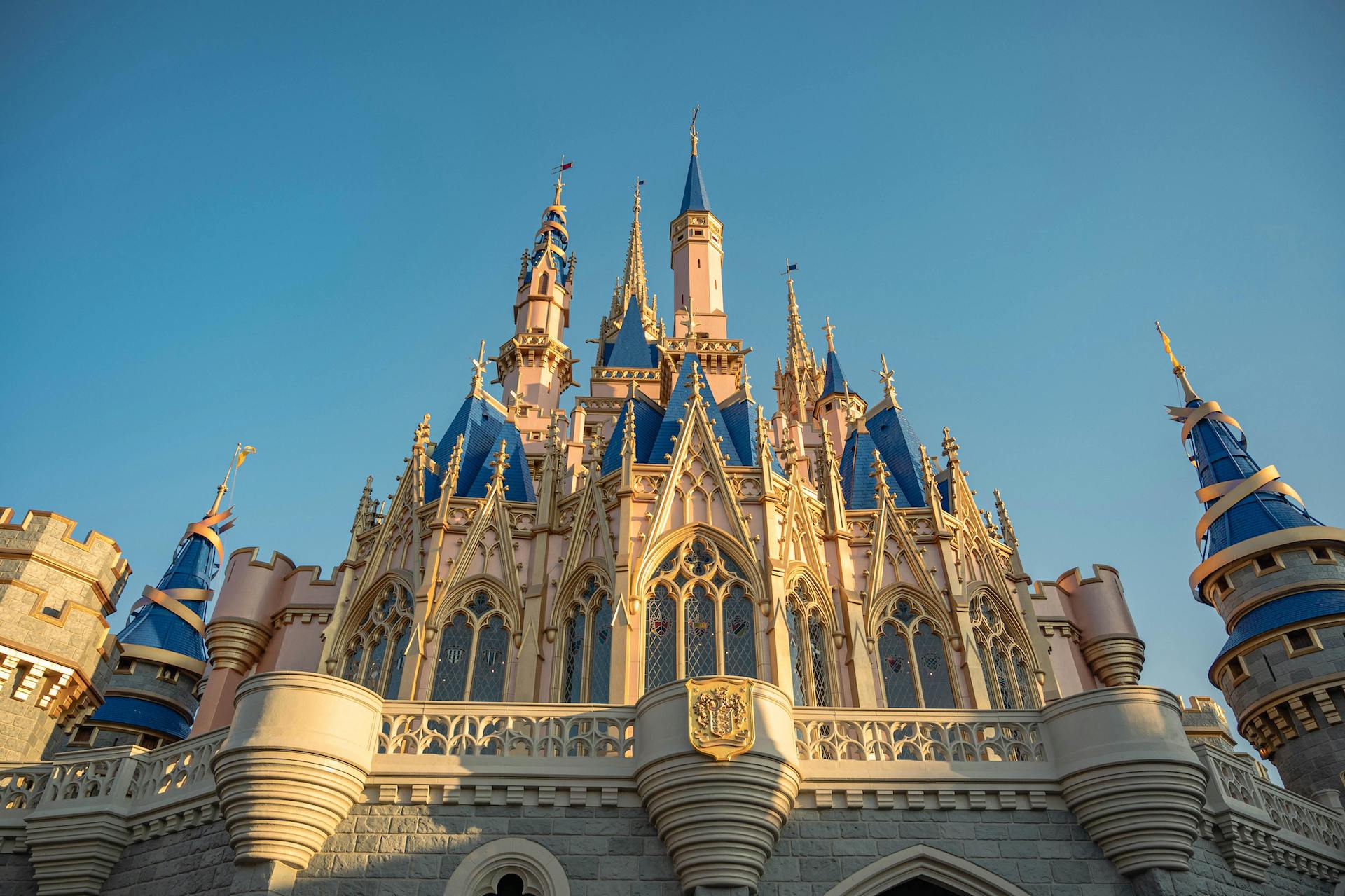
In 2022, Ron DeSantis signed the Parental Rights in Education Bill, which was dubbed the “Don’t Say Gay” bill. The bill prohibits the discussion of sexual identity and gender roles in schools.
Almost instantly, there was backlash to the signing of the bill from LGBT groups and other activism groups across the state and US.
Disney Release Statement Condemning Bill
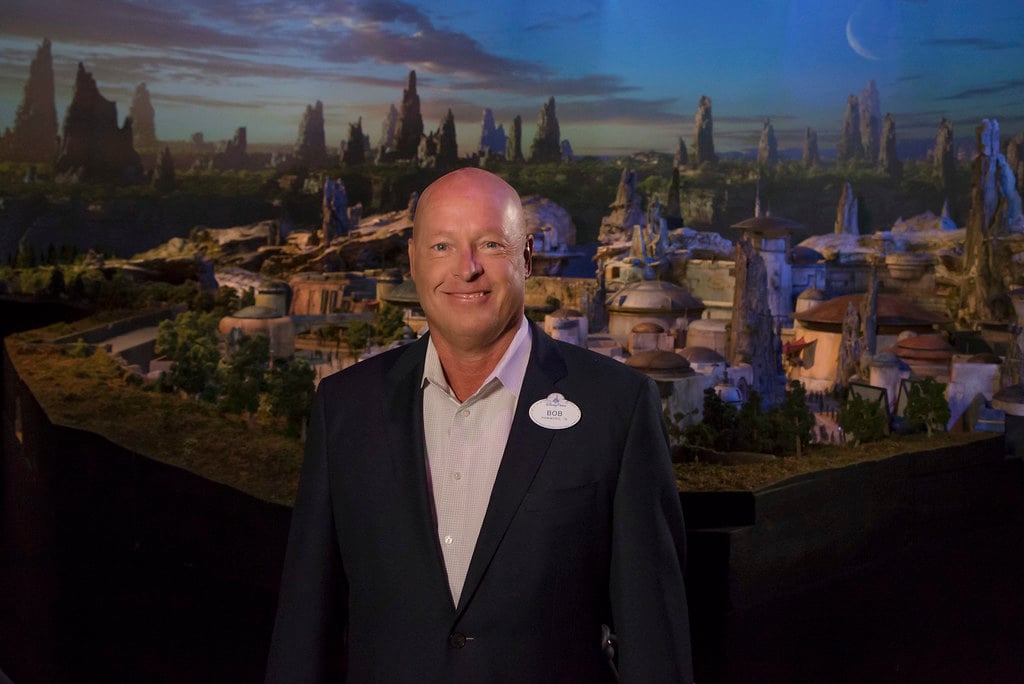
Disney were quick to release a statement in opposition to the bill and in support of LGBTQ+ rights.
They suggested the law “should never have passed and should never have been signed into law,” (via the Epoch Times). They said that their “goal as a company” is to have the law “struck down in courts”.
Ron DeSantis Reacts
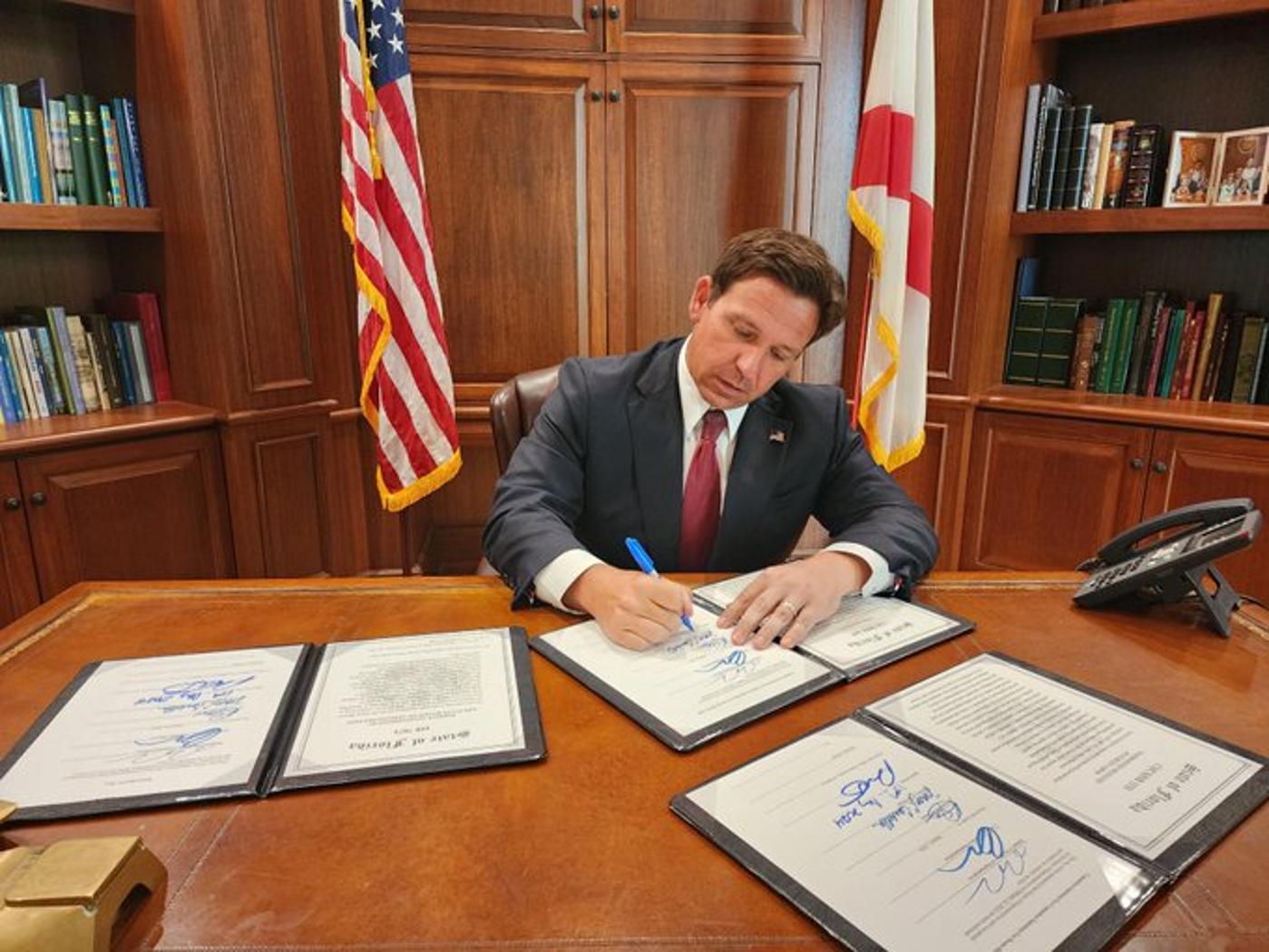
In response to Disney’s statement, Ron DeSantis reacted immediately by removing members of the Central Florida Tourism Oversight District, Disney’s private, tax-privileged governing zone, and replaced them with his own appointees.
This meant that the governance board, which makes decisions on matters such as construction projects, was no longer made up of those sympathetic to Disney.
Disney’s Last-Minute Decisions
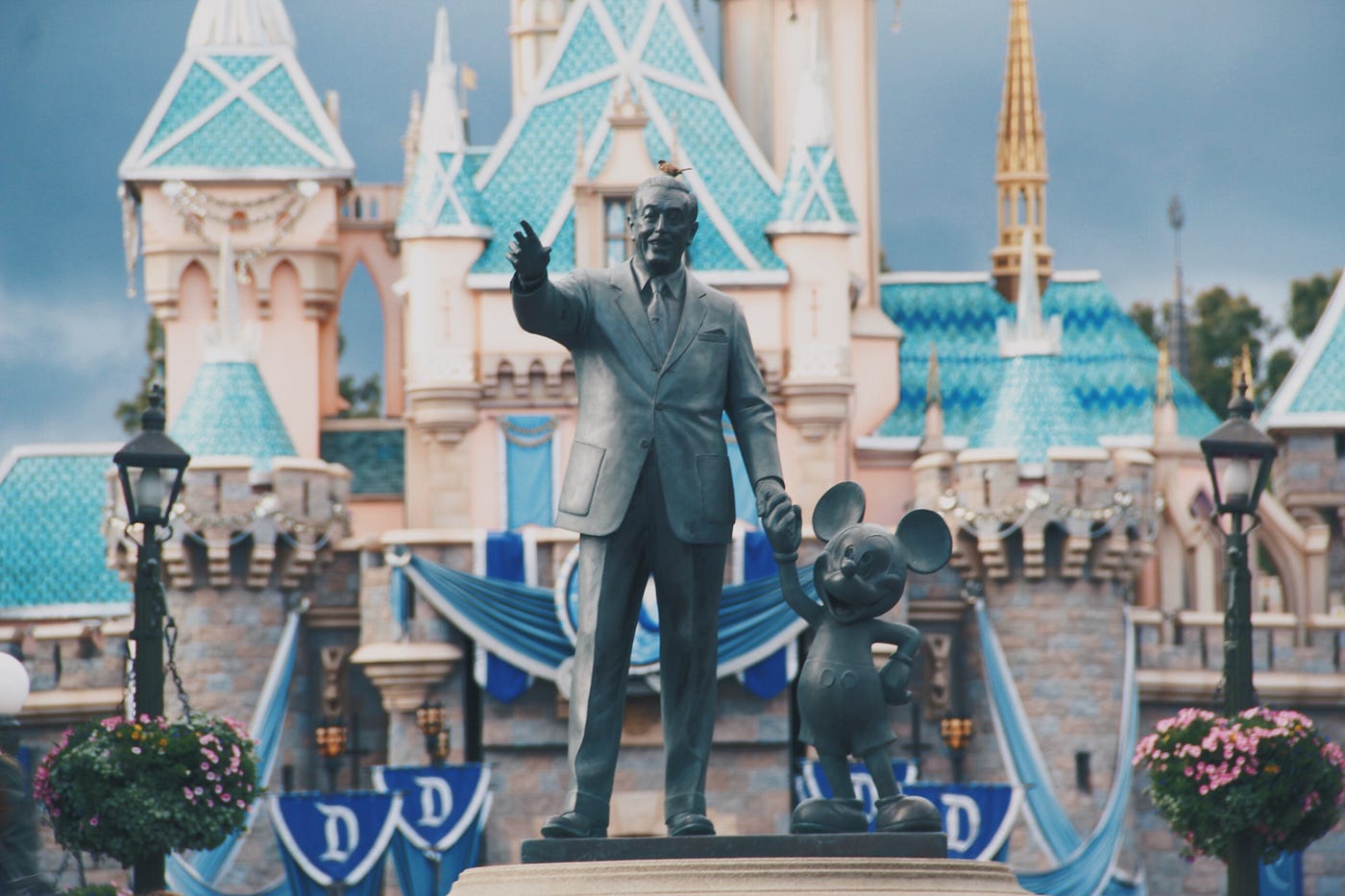
In preparation for the handover of power to DeSantis appointees, Disney made a quick decision by rushing through several policies. Many of these polices were discovered by the new appointees much later
These new (and unapproved by new appointees) polices included agreements that limited the new boards power, such as a development agreement that gave Disney control over future construction with no expiration.
New Appointees React to Disney’s Decision

In response to these power-limiting “eleventh-hour” decisions, the state of Florida sued the company in 2023.
As part of this lawsuit, they requested Disney hand over documents showing communications regarding the “Don’t Say Gay” bill.
Disney Counter-Sues

In a further escalation, Disney sued the board, DeSantis and other state legislators at a federal level.
Disney claimed that they were undertaking a “targeted campaign of government retaliation.” The lawsuit was dismissed earlier this year.
Massive Deal May Have Settled the Dispute For Now

The $17 billion deal may have settled the dispute once and for all, with both parties seemingly satisfied with the compromise.
While being allowed to further develop their resort, Disney must direct at least half of their total spending towards local Florida businesses. At the latest board meeting, board appointee Brian Aungst stated that “the success of Walt Disney World is the success of Central Florida and vice versa”, signalling satisfaction with the outcome.
The End of the Fight

The Central Florida Tourism Oversight District, which DeSantis took over in 2022, agreed to give Disney a long-term plan of expanding Disney World.
For the next 15 years, the length of the new agreement, Disney can develop the resort without push back from DeSantis.
The Future of Disney World

Jeff Vahle, the president of Disney World, said in a statement that the agreement would support “the growth of this global destination, fueling the Florida economy,” (via the New York Times).
While the deal doesn’t give Disney everything they want, the company can finally make Disney World the resort they have been wanting to build for several years.
Disney’s Multi-billion Dollar Deal (and 13000 Jobs)

According to the company, Disney’s infrastructure improvement plan should bring huge benefits to the local economy in Florida.
Disney claims that the new project will bring 13000 direct jobs, as well as many more indirect jobs due to increased tourism and tax generation.
Investing Billions More Into Disney World

Disney’s motive isn’t purely altruistic. This deal will allow the mega-corporation to pour billions more dollars into expanding Walt Disney World, one of the two theme parks in the company owns in the US.
This move will allow the company to build its fifth major theme park at Disney World while expanding their hotel and entertainment spaces.
Economic Boost for Local Businesses

The $17 billion development deal between Disney and Florida promises significant benefits for local communities. Small businesses are potentially poised to thrive with increased tourism and economic activity.
Disney’s commitment to directing spending towards local enterprises ensures a ripple effect, boosting the local economy and creating job opportunities. This influx of capital and visitors will hopefully transform the economic landscape of Central Florida.
Strengthening Community Ties

Local artisans, service providers, and suppliers stand to gain from Disney’s expansive projects. The construction phase alone is expected to create thousands of jobs, providing stable income for many residents.
Additionally, the increased demand for local goods and services will foster entrepreneurial ventures and strengthen the economic resilience of the surrounding communities, making them more vibrant and prosperous.
Green Initiatives and Sustainability

Disney’s expansion plans include a strong focus on sustainability. The company is implementing eco-friendly initiatives such as renewable energy projects and waste reduction programs.
By partnering with environmental organizations, Disney aims to minimize its ecological footprint. These measures not only protect Florida’s natural beauty but also set a precedent for large-scale developments to prioritize environmental responsibility in their growth strategies.
Water Conservation Efforts

Water conservation efforts are integral to Disney’s development plans. Advanced irrigation systems and water recycling programs will help mitigate the impact on local water resources.
Additionally, Disney is committed to preserving natural habitats within the park, ensuring that wildlife is protected. These initiatives highlight the company’s dedication to balancing growth with environmental stewardship, fostering a greener future for the region.
Shaping Future Legislation

The resolution of the Disney-DeSantis conflict could reshape future legislative battles in Florida. Lawmakers may reconsider the balance of power between the state and large corporations.
This case sets a precedent for how business interests and political agendas can clash and ultimately find a resolution.
Nationwide Legislative Impact

Other states are also closely watching Florida’s handling of the “Don’t Say Gay” law and its fallout. The outcome may influence similar legislation across the country, encouraging states to consider the economic ramifications of such laws.
Businesses in other regions might also become more vocal in their opposition or support of state policies, leading to a more engaged and politically active corporate sector.
Business Reactions Across States

Comparing Florida’s “Don’t Say Gay” law with similar legislation reveals varied responses from the business community. In states with supportive policies, companies have leveraged inclusive branding to attract diverse talent and customers.
Conversely, in states with restrictive laws, businesses often face public relations challenges and potential boycotts. This highlights the delicate balance companies must maintain between their values and operating environments.
Economic Consequences of Social Policies
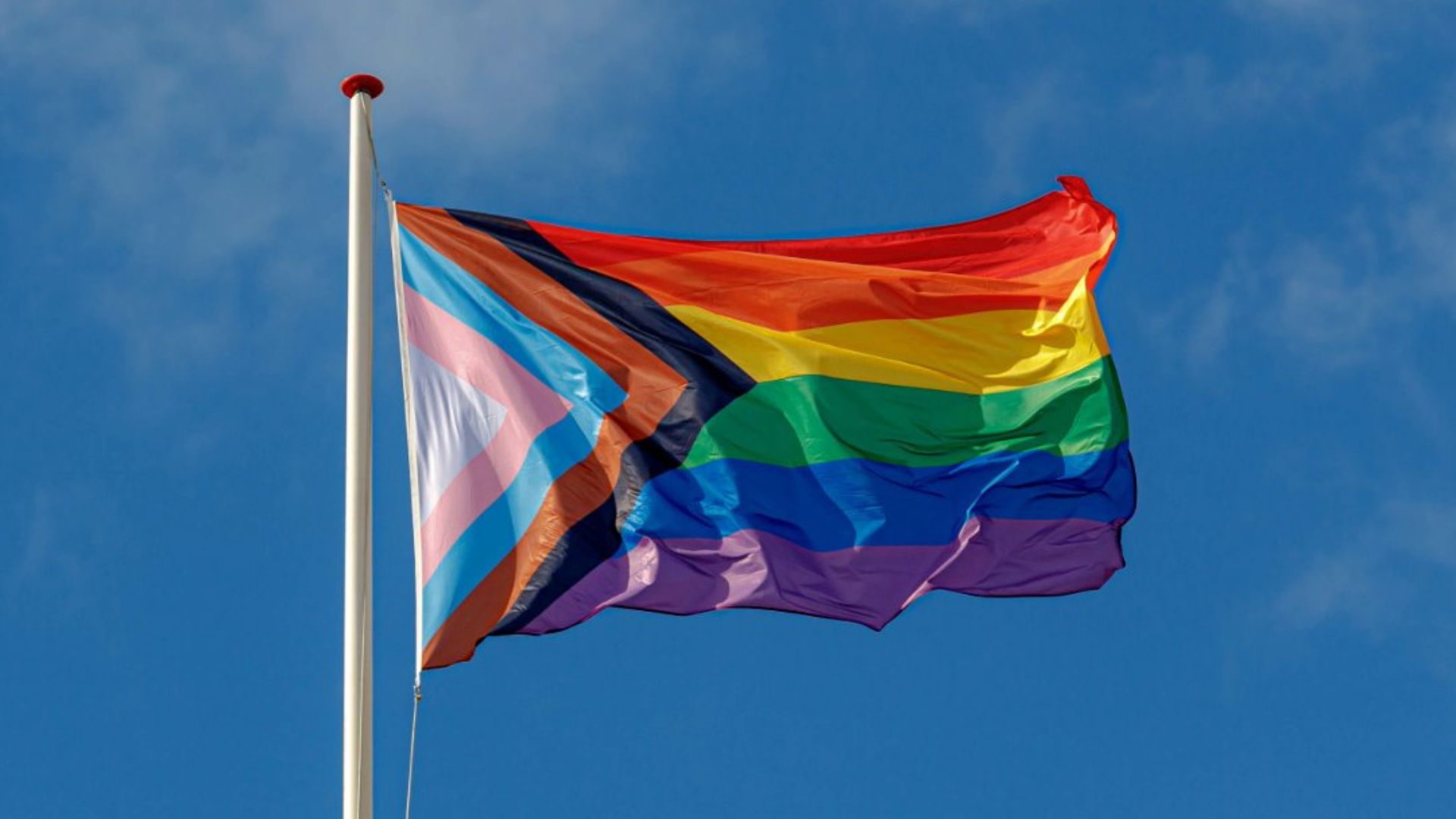
States with more progressive stances on LGBTQ+ issues have seen economic benefits, such as increased tourism and business investments.
By examining these contrasts, it’s clear that a state’s social policies can significantly impact its economic attractiveness and the business climate, influencing corporate decisions on where to invest and expand.
Disney’s Long-Term Vision
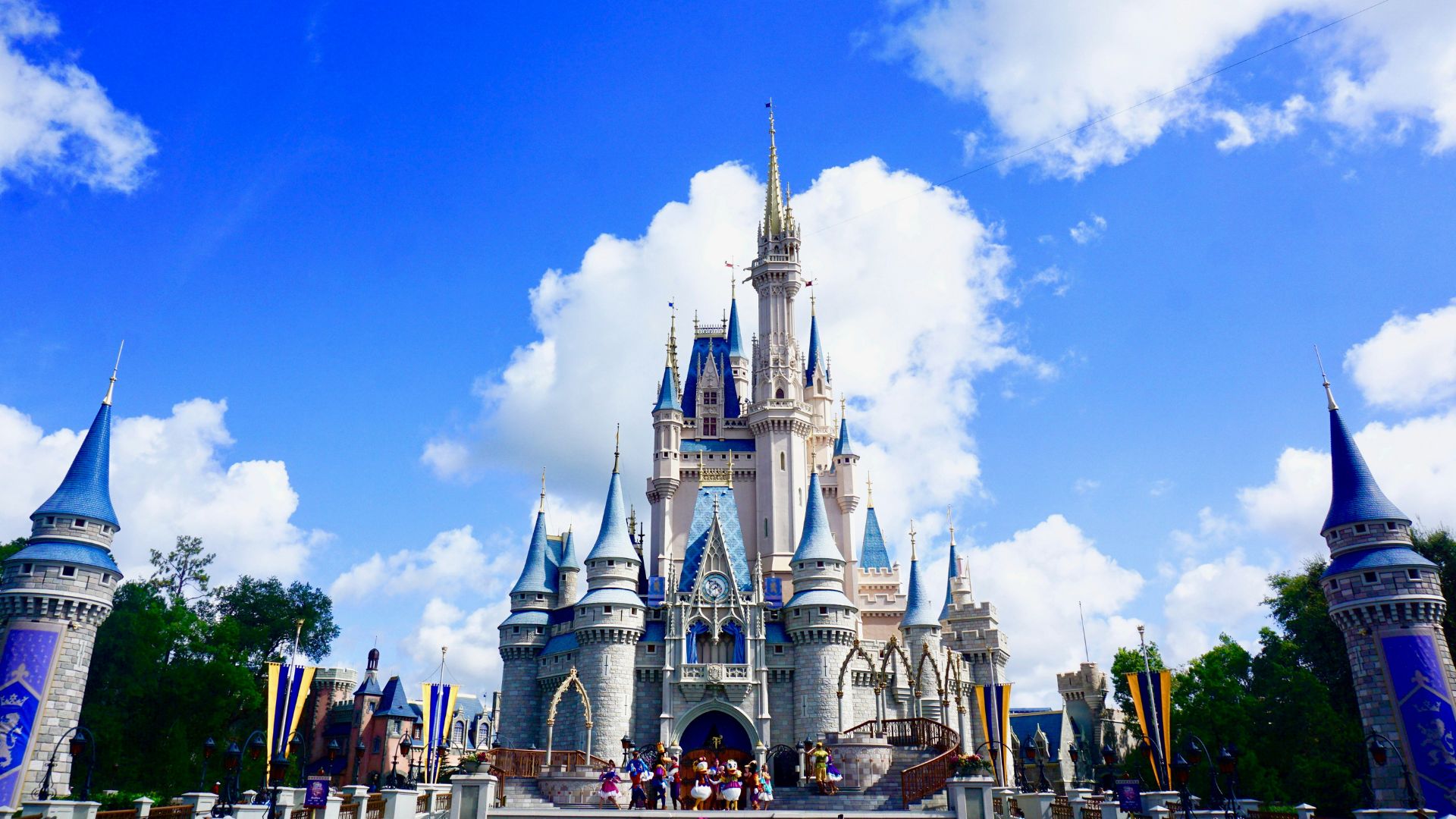
Post-settlement, Disney is strategically focusing on long-term growth. The $17 billion investment is just the beginning, as Disney aims to innovate and expand its entertainment offerings.
Future plans include new attractions, technological advancements, and enhanced guest experiences. This strategic shift shows Disney’s commitment to maintaining its position as a leader in the global entertainment industry, continuously evolving to meet changing consumer demands.
Technological Advancements at Disney World

Technological integration is a key aspect of Disney’s future plans. Enhanced virtual and augmented reality experiences are set to redefine visitor engagement.
Additionally, Disney plans to expand its resort amenities, offering unique dining, lodging, and recreational activities.
Navigating Educational Policies

The resolution of the Disney-DeSantis conflict may influence educational policies in Florida. Schools might see a shift in how LGBTQ+ topics are addressed, balancing between state mandates and advocacy for inclusive education.
Educators could find new ways to navigate these restrictions while supporting all students. This delicate balance will shape the educational environment, potentially leading to innovative approaches that respect diverse perspectives. It’s easier said than done, but it’s not impossible.
Advocacy and Curriculum Development

Educational advocacy groups are likely to intensify their efforts in response to this settlement. They may push for reforms that ensure comprehensive and inclusive education for all students.
The interplay between state policies and advocacy work will be crucial in determining the future of LGBTQ+ education in Florida. This ongoing dialogue will influence how schools develop curriculums that respect both legislative requirements and the needs of a diverse student body.








































